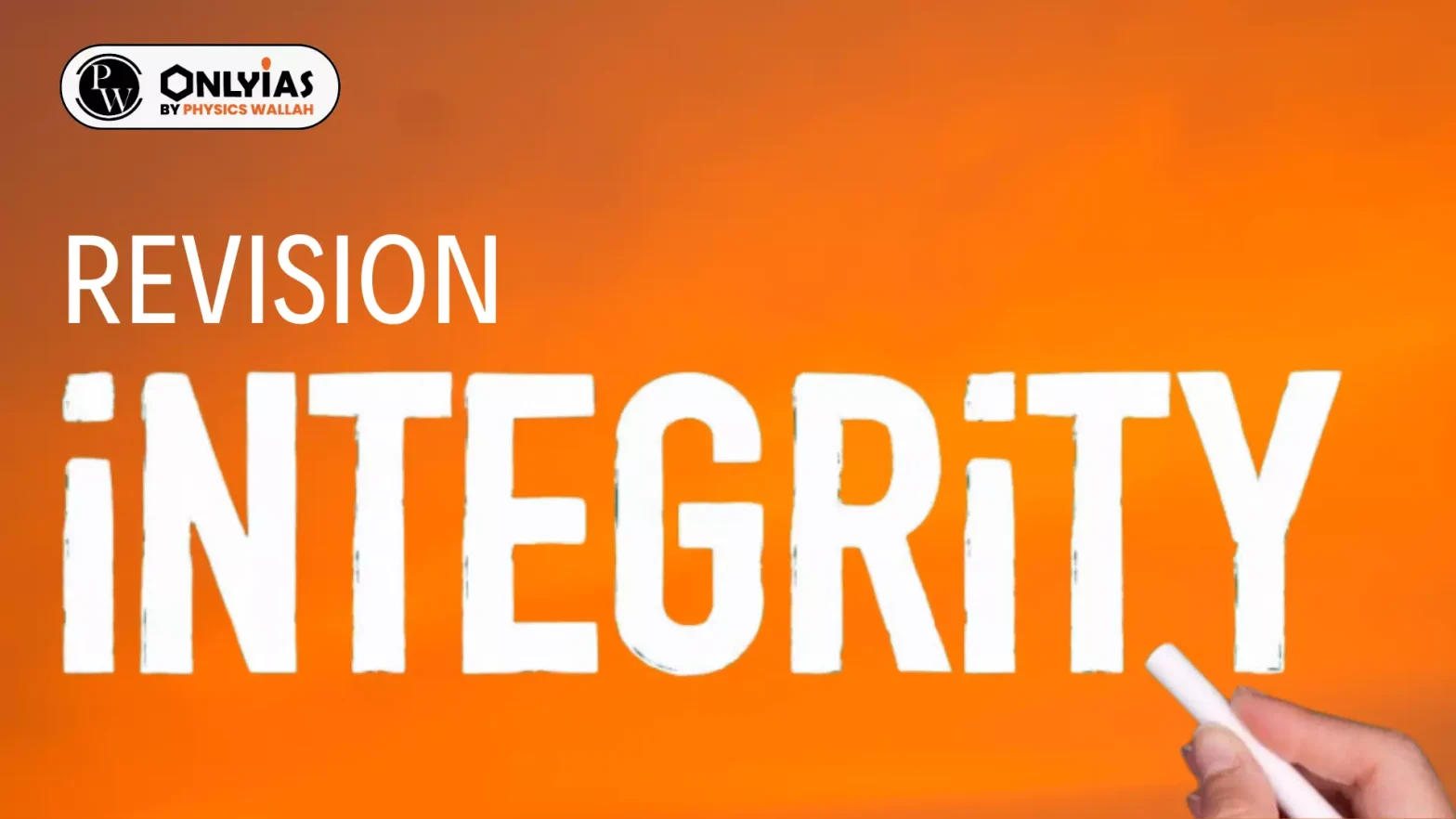Introduction
Integrity is the quality of adhering to consistent moral principles and standards across similar situations over time. It involves distinguishing between right and wrong, embodying honesty, and demonstrating a strong commitment to ethical values that remain steadfast.
Characteristics of a Person with Integrity
- Ethical Decision-Making: Individuals with integrity possess a strong moral compass and choose actions based on what is right, even in challenging circumstances.
- Consistency with Values: They align their actions with their beliefs and consistently follow through on their choices, refusing to compromise their principles for anything.
- Honesty and Truthfulness: Such individuals are trustworthy, demonstrating responsibility in both their words and actions. For example, senior IAS officer Ashok Khemka exemplifies professional integrity through consistent thought and actions, always opting for the right course of conduct.
- Accountability: They take responsibility for their decisions and actions, regardless of the outcome. Leaders like Abraham Lincoln and Mahatma Gandhi are renowned for their integrity, as they remained steadfast in their values during crises—Lincoln in the abolition of slavery and Gandhi in his commitment to non-violence.
Enroll now for UPSC Online Course
Importance of Integrity in Civil Services
- Serving the Public: Civil servants hold positions of significant power entrusted to them by society. Their integrity, fairness, and honesty are essential for promoting social good and development.
- For example, a principled education officer enacts inclusive policies that guarantee access to quality education for all children, particularly those from underprivileged backgrounds.
- Upholding Good Governance: Integrity is the cornerstone of good governance. It fosters an environment where public officials can fulfil their duties honestly, promotes efficient administration, and discourages resistance to accountability and transparency.
- Combating Corruption: A strong commitment to integrity is vital for combating corruption in public service. Corruption denies citizens their rightful benefits and hinders economic growth.
- For instance, a doctor in a government hospital in Kerala refused to prescribe unnecessary and expensive medication, prioritising patient well-being and ethical practice over potential financial gain.
- Managing Public Resources: Civil servants are responsible for managing public resources and funds entrusted to them for the benefit of citizens. Integrity ensures the efficient use of these resources.
- For example, a disaster management official prioritises fair and efficient allocation of funds, ensuring timely aid reaches those affected by natural disasters.
- Constitutional Obligation: Civil servants have a constitutional obligation to uphold and safeguard the sovereignty, unity, and integrity of India, making integrity both a constitutional and moral imperative.
![]() 3 Oct 2024
3 Oct 2024

